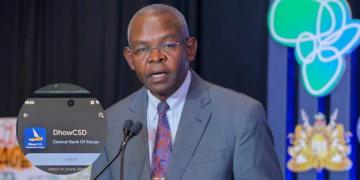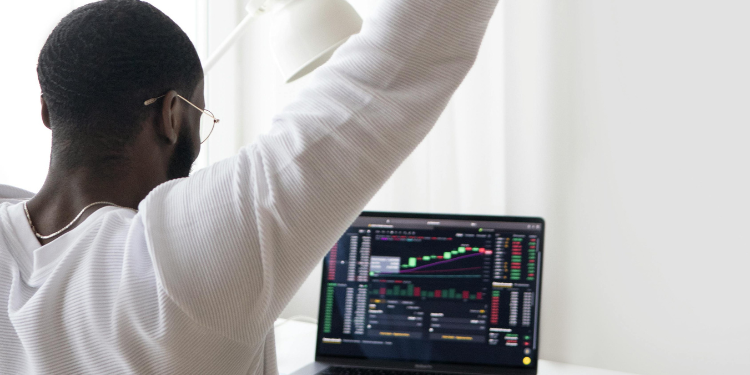The Kenyan business class is on the lookout for new means of financial development, merging experience with risk. The forex business is gaining popularity among business owners and corporate executives as they seek active business opportunities.
In Nairobi, Mombasa, and other regional business centers, professionals are certainly no longer restricted by traditional approaches to investing. Equipped with analytical expertise, global exposure, and online access to financial tools, many are branching out into currency markets. This rising phenomenon is an indication of the changed attitude among Kenya’s business masters toward generating wealth and portfolio diversification.
Why Corporate Executives View Forex Trading as a Strategic Investment
To Kenyan business executives, forex trading provides an unparalleled blend of liquidity, flexibility, and global exposure. Unlike equities, property, and other traditional investments, currency markets can react to economic occurrences and current market trends immediately. Experts enjoy the ability of forex to augment current portfolios while allowing the freedom to hone analytical skills learned from corporate backgrounds.
Veteran administrators consider forex anything but a risk; it is an expertise-based practice. They deploy financial modeling, macroeconomic data, and risk management to guide their decisions, making the distinction between strategic speculation. Across Nairobi and other financial hubs, forex trading in Kenya is increasingly an informed exercise rather than an impulsive venture, with participants treating the market as an extension of their professional decision-making toolkit.
Risk Management in High-Stakes Trading
Risk management is key to the professional method. Managers utilize stop-loss orders, leverage restrictions, and position allocation to safeguard capital. Unlike amateur traders, they are well aware of the risk of misjudgment and approach each trade with discipline.
Most business executives incorporate forex into an overall financial plan that entails diversified portfolios, hedging currency movements, and influencing imports, exports, or business activities. By merging traditional investments with active currency speculation, they attain growth potential and coverage for domestic market volatility. This systematic approach extends the Kenyan professional approach, where forex is viewed as a systematic tool but not a speculative pastime.
In addition, corporate traders often run scenario analyses to anticipate best- and worst-case outcomes. This allows them to plan exit strategies and manage liquidity effectively. They mitigate risk by thinking ahead and preparing for market swings while preserving profit opportunities.
Combining Forex Into Day-to-Day Financial Planning
Integrating forex into busy schedules is done with caution. Active business executives juggle business duties with market tracking, leveraging technology to assess information without continuous individual monitoring. Mobile apps, online analytics, and alert automation enable them to make efficient trades despite busy schedules.
Time management is essential, but so is education. The professionals begin with minor roles to gain confidence and comprehension, increasing exposure as they gain confidence. Most also involve mentors, joining online forums, and taking currency market workshops, among other initiatives. These precautions ensure that the trading supports professional life instead of interfering with it. This prudential preparation is the signature of Kenya’s disciplined forex traders.
Finally, executives also plan dedicated time slots to review the markets, including forex studies into their current work routines. This disciplined practice leads to continuous learning and prevents reckless trading decisions, thus underscoring the need for the long game over the short game.
Platforms, Analytics and Technology in Professional Trading
Technology supports the current professional’s game plan. Advanced charting software, algorithmic tools, and up-to-date news feeds give the advantage necessary to choose the correct direction during turbulent times. The tools also allow administrators to study trends, monitor currency pairs, and take fast action during movements.
Before investing substantial capital, most professionals practice with a demo trading account, making practice trades with no financial stake. The method makes strategy testing possible, hones the ability to make decisions, and becomes familiar with platform operating dynamics. The utilization of the demo account alleviates the learning curve and infuses confidence, consistent with the systematic, research-based approach shared by business leaders in Kenya.
In addition, most traders apply sophisticated analytics and sentiment monitoring tools combined with news, economic indicators, and social signals. Blending technology with human judgment optimizes decision accuracy and foresees short-term market responses in rapidly changing currency markets.
Community, Mentorship, and Networking Amongst Kenyan Traders
Mentorship and networking are the hallmarks of professional forex trading. Executives freely discuss strategies and experiences online, in peer groups, or exclusive networks, making the activity itself less solitary and more communal. Input from peers and industry gurus aids in fine-tuning methods and learning from mistakes.
This culture of sharing knowledge promotes financial acuity and strategic awareness. Business executives discuss global market trends, emerging technologies and regulatory changes that influence trading decisions. Veteran traders mentor newcomers, developing a disciplined approach that combines professional expertise and market potential.
In most instances, the interactions also give psychological support. Speculation can be stressful, and peer networks enable experts to share lessons learned from losses, build up their emotional resilience, and adopt a long-term view over making rapid gains.
Strategy, Speculation and the Future of Professional Trading in Kenya
Rising participation by Kenya’s business elite in the forex markets indicates an even broader cultural shift toward investment. By marrying disciplined strategy with speculative calculation, such traders match risk with opportunity in ways that suit their overall professional and personal agendas. As the information revolution and education accelerate, forex speculation by Kenya’s business executives will increase, underpinning an ethos of educated, strategic, and entrepreneurial investing throughout the nation.

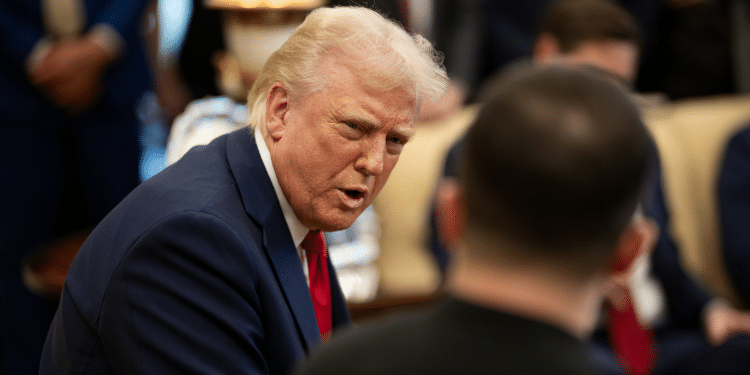

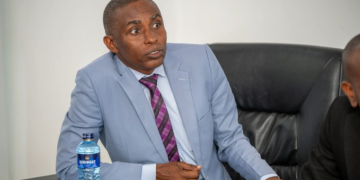




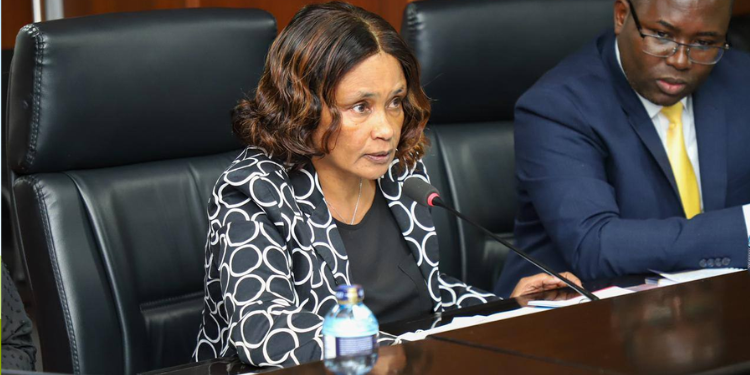









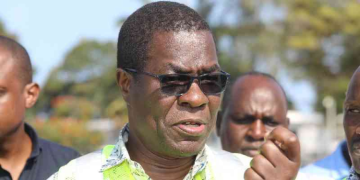

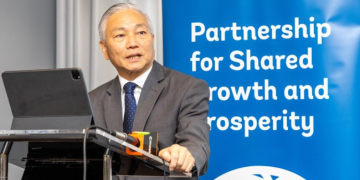

![Billions Each Top Kenyan Bank Has Made So Far In Profits This Year [List] Q3 2025 Results For Equity, Kcb, Co-Op, Absa And Other Banks]( https://thekenyatimescdn-ese7d3e7ghdnbfa9.z01.azurefd.net/prodimages/uploads/2025/11/C0-OP-KCB-Equity-Absa-360x180.png)
